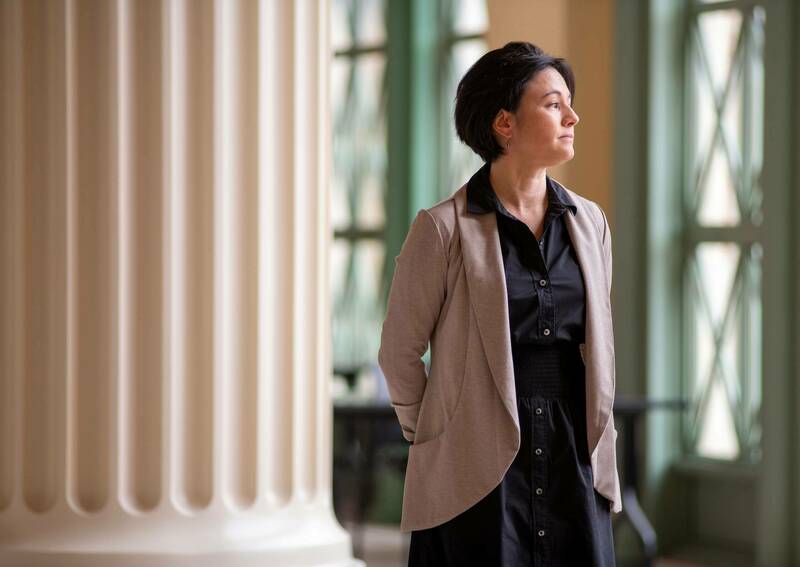
Mari Yoko Hara
School of Architecture
“All roads lead to Rome,” the saying goes. And in Yoko Hara’s case, the road to Rome began 6,000 miles away — on a dairy farm in Japan.
Hara’s mother, an American from Illinois, met her father while traveling. The couple raised Hara and their two other children on Kyushu, the warm, lush island that makes up Japan’s rural southern tip. Apart from the English she learned from her mother alongside her native Japanese, Hara had little connection to the Western world.
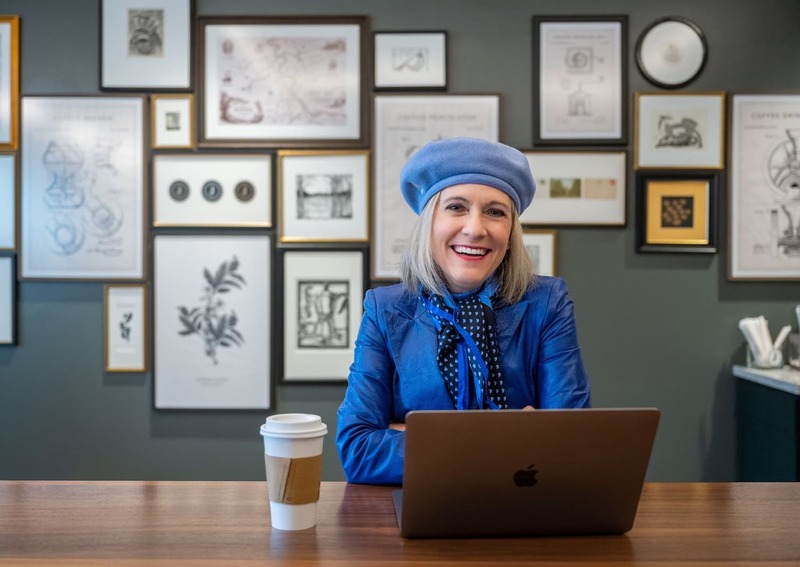
Alison Rice
College of Arts and Letters
Throughout Alison Rice's career, her research, writing and teaching have amplified the voices and experiences of women, including those from underrepresented communities, on campus and around the world.
Her latest work elevates the creative writing of women who come to Paris and publish prolifically in French, despite it not being their native language — a “literary revolution,” she says, that deserves to be celebrated, as they deploy stylistic and thematic innovations derived from their diverse, and sometimes common, past experiences.
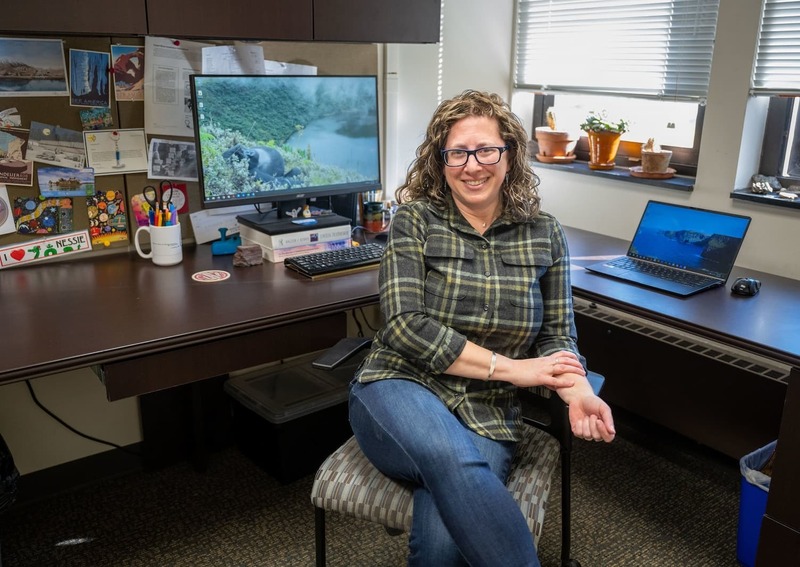
Melissa Berke
College of Engineering
Melissa Berke has known she wanted to be a geologist since she was a young outdoors enthusiast traveling from her parents’ home in Ohio to see relatives in New York.
“You pass all these beautiful road cuts in Pennsylvania, all these cool swirly looking rocks,” she said. “I’m sitting in the backseat staring at that, wondering, ‘How the heck did that happen?’ It was wildly unpopular as a kid to be so interested in staring at rocks for the rest of your life.”
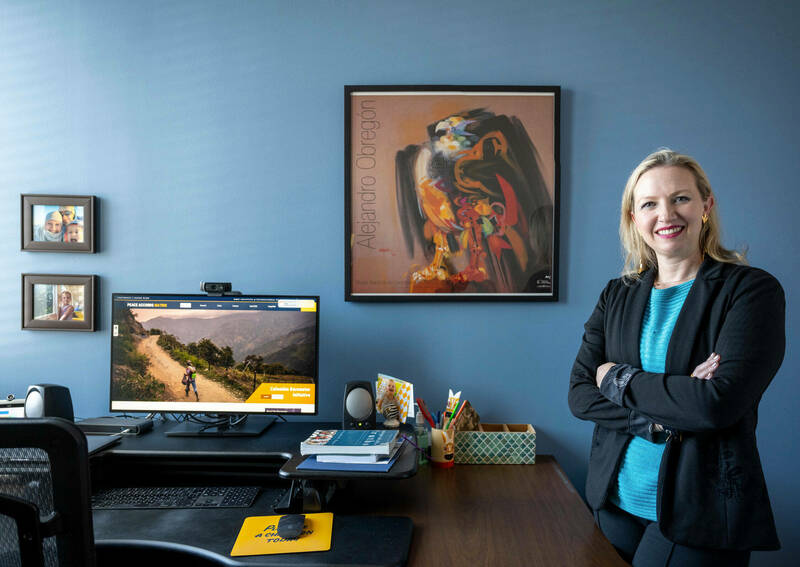
Josefina Echavarría Alvarez
Keough School of Global Affairs
At first glance, peace seems like a noble but nebulous concept — worth aspiring to, but difficult to attain.
Yet researchers who specialize in peace studies can identify specific strategies that reduce violent conflict and particular conditions that engender just and peaceful societies. Josefina Echavarría Alvarez, director of the Peace Accords Matrix at Notre Dame, is a leading expert in this area.
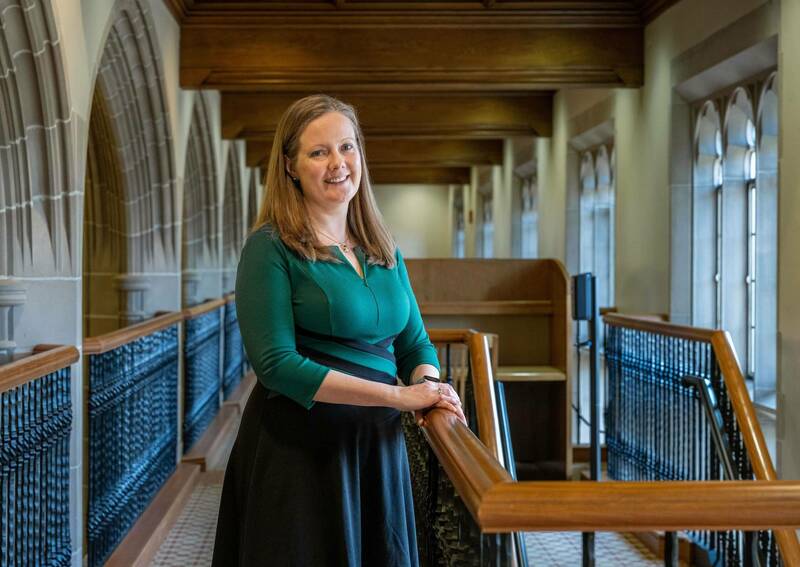
Emily Bremer
The Law School
Emily Bremer became captivated by constitutional law when she was a sophomore in college. At that point, she knew she wanted to become a law professor. In her mind, she would go to law school and then head straight to academia. She planned never to practice law, particularly in a large law firm or for the federal government.
She ended up doing both. Each provided a stepping stone to her ultimate goal of becoming a professor. Bremer spent three years at the University of Wyoming College of Law before coming to Notre Dame Law School as an associate professor in 2018.
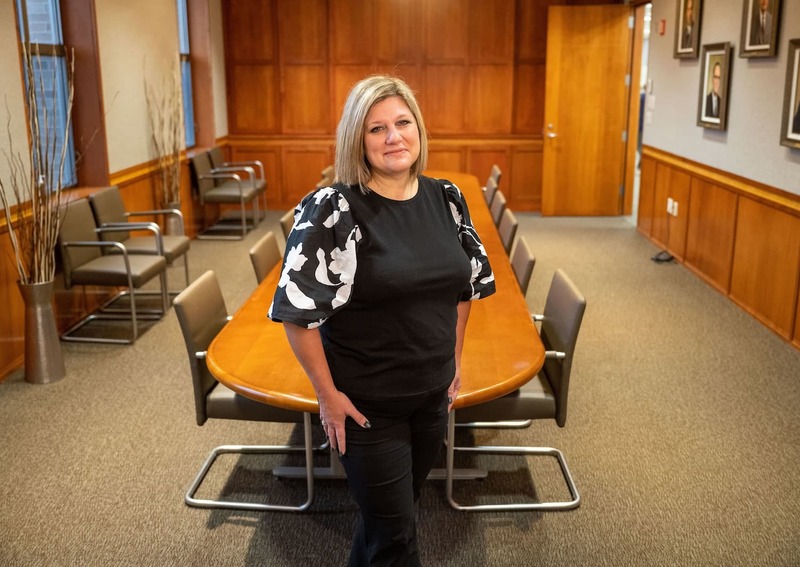
Kara Palmer
Mendoza College of Business
Kara Palmer started out as a pharmacy major, but she found that organic chemistry pointed by contrast to her true passion in another career.
“I have often found myself as one of few women in a leadership room surrounded by men, and that comes with dynamics. As a female leader, I believe this comes with a responsibility to give back and support other women in their own career paths.”
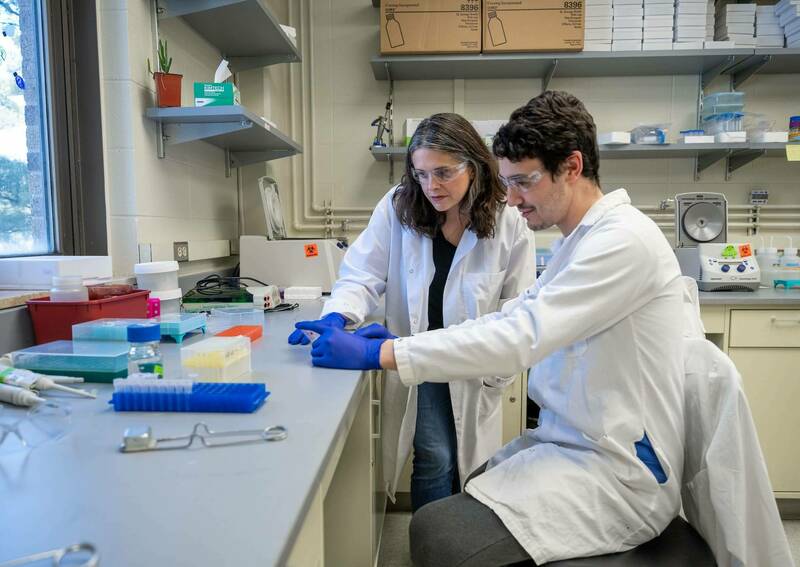
Patricia Champion
College of Science
The bacteria that cause tuberculosis are incredibly well-adapted to humans, yet researchers continue to unravel the mysteries of how the single-cell organisms work.
Patricia Champion, professor in the Department of Biological Sciences, has spent her career on the hunt, determined to understand the mechanisms used by Mycobacterium tuberculosis to cause disease — the leading microbial killer on the planet behind SARS-CoV-2, the virus that responsible for COVID-19.
